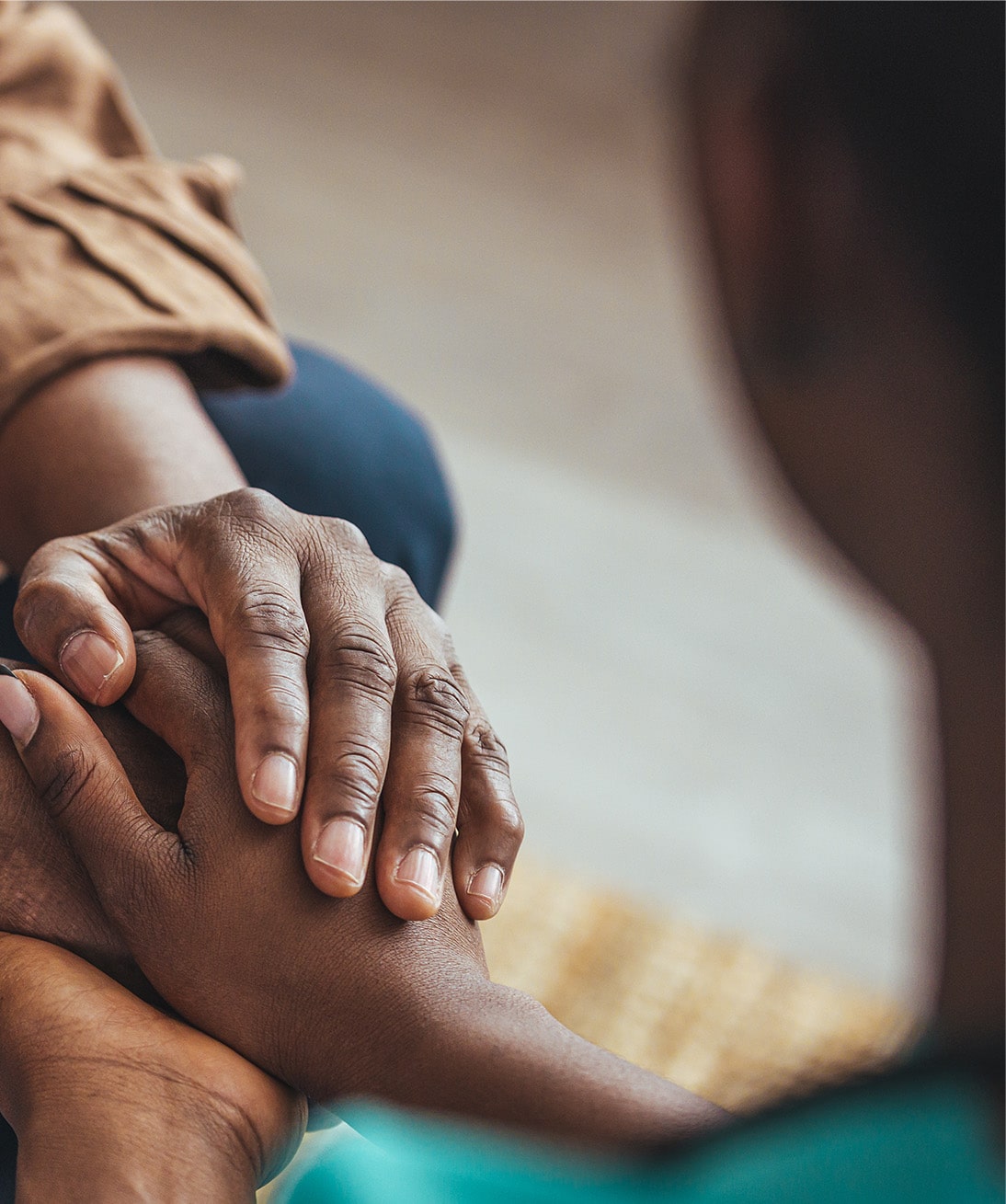
Everyone responds to sexual and relationship violence differently, and there is no right or wrong way to react. People may connect with a range of experiences - as a victim who sometimes feels violated and powerless, or as a survivor who sometimes feels empowered and connected. It's important to honor all experiences and recognize the wisdom of our body's authentic response to trauma. There is no timeline for healing; everyone's journey looks different, but recovery is possible, and things can get better.
Survivors utilize a variety of resources, supports, and coping skills throughout their healing journey. And often, a bit of patience, time, and support from others can make a big impact on recovery. Explore the resources on our site to learn more about coping strategies that may be helpful to you in your healing journey.
